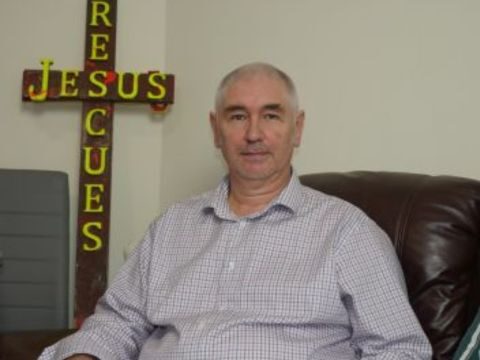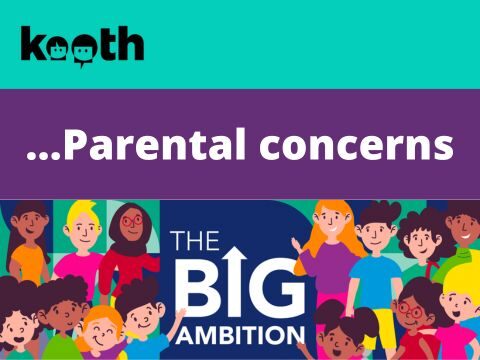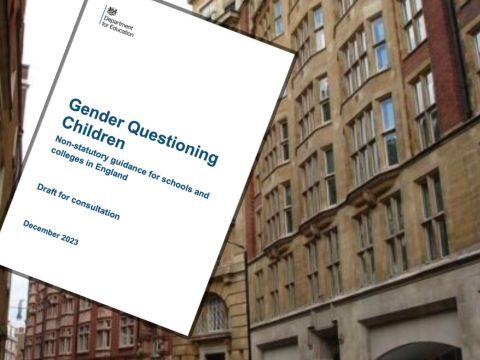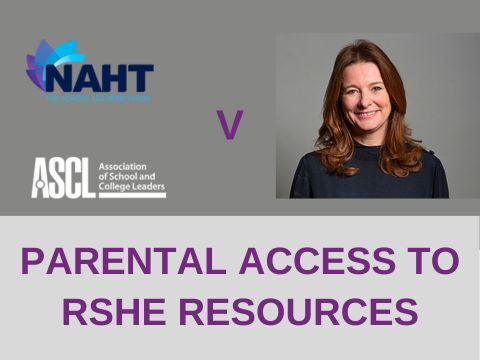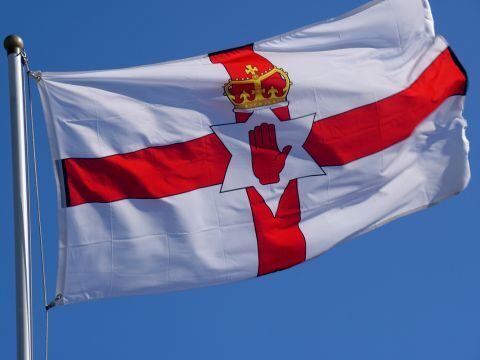

SPUC Safe at School Campaign Issue Briefing on Government’s RSE Consultation.
Please respond to the consultation by deadline 12th February 2018.
- The Children and Social Work Act 2017 made Relationships Education a compulsory school subject in all primary schools and Relationships and Sex Education a compulsory subject in all secondary schools. This legislation applies to England only.
- On 19 December 2017 the Government launched a consultation on what should be taught in these new compulsory subjects.
- All concerned citizens, and especially parents, guardians and those working professionally in schools, are encouraged to take part in the consultation.
- This consultation closes at 11.45 pm on 12 February 2018.
- SPUC Safe at School Campaign has produced a briefing and guidance notes on responding to the consultation, which you can download here
Why it’s important to participate in this consultation:
This consultation is an opportunity to set out a positive vision of how children could be taught about relationships and sexual matters in school. While these sensitive topics should not be compulsory school subjects at all, now that schools are compelled to teach these on the same basis as any other curriculum subject, this consultation is at least a chance to shape what is taught for the better. If you have a religious faith, you should give your answers in line with your beliefs, since the Government has stated that it is also interested to know how this new subject can be accommodated into a faith context.
What the consultation covers:
The Content of Relationships Ed in Primary and RSE in Secondary Schools
- In the case of both primary and secondary schools the consultation invites us to explain what we think are the priority subjects to cover in RSE and why, as well as how the subjects could best be delivered in an ‘age-appropriate’ way. For all its shortcomings, the consultation does offer an opportunity for us confidently to assert what we know would keep our children safe and best prepare them for adult life, including the importance of viewing sexuality in relation to its purpose for marriage between man and woman, and about the natural family as being the building block of a healthy society.
- It is especially important to assert this, since the whole rationale behind this new compulsory subject is to introduce children at the earliest possible age to the idea of ‘diversity of relationships’. Indeed, the Government has stated clearly that the new subject of Relationships Education at primary schools will be ‘LGBT inclusive’. Very young children will be told that two men or two women in a relationship or ‘marriage’ is as valid and natural as a man and a woman. The promotion of same-sex relationships opens up the scope to introduce gender issues, with children encouraged to question their gender and the very idea of there being two distinct sexes.
Approaches to ensure safe online relationships
- There is a special question in the consultation on ‘ensuring safe online relationships’, asking what topics should be covered and how. The emergence of new digital sexual threats, since the last Government guidelines on sex education in 2000, has been one of the main justifications for making RSE compulsory in all schools. Whilst it is right that we are all concerned about online dangers, a major concern is that parents are not seen as at all relevant to the safeguarding process. Furthermore, whilst many schools are tackling issues such as pornography, many parents will not be aware of exactly how this topic is presented. Pupils do not necessarily get strong messages that pornography is dangerous and damaging. Instead, the widely accepted approach is to be non-judgmental and simply to encourage children to be more critically discerning and self-aware consumers of pornography.
- As for the best way forward, it is crucial that schools are working with parents to safeguard children from online threats, since parents are best placed to monitor and control their child’s use of internet devices. Furthermore, children and young people will only be equipped to resist and avoid online threats if they have a proper understanding of the purpose and nature of human sexuality. Only then will they see how the abuse of sexuality is destructive.
How should schools effectively consult parents … including on the right to withdraw?
- The consultation usefully includes a question on how and when schools should consult parents on RSE provision, including dealing with the right of withdrawal. You can explain what you think would best help you safeguard your children from any content you are unhappy with. Responses could, for instance, insist that parents are fully consulted about the RSE policy and curriculum, allowed to preview teaching materials, and able to help determine, or ultimately withdraw their children from, any aspect of ‘relationships education’ that they deem essentially ‘sexual’ in nature, which would include treatment of homosexual relationships, transgenderism, digital sexual threats, or indeed issues surrounding sexual abuse and exploitation — delicate subjects which, again, parents will best know how to discuss with their children in a personally age-appropriate way, and according to their values.
Questions on PSHE (Personal, Social, Health and Economic education)
- The Children and Social Work Act 2017 did not automatically make PSHE a compulsory subject, but instead gives the decision on whether or not it should be compulsory to the Secretary of State for Education, stipulating only that this will be after consultation with ‘such persons as the Secretary of State considers appropriate’. We expected that a question on whether PSHE should be compulsory would be included in this consultation. However, there is no such question — only questions about the actual content and delivery of PSHE.
- Until now topics have typically included, for instance: alcohol, smoking and drugs, personal health, bullying, citizenship, democracy and human rights, careers and the world of work, personal finance, family and relationships, sex education. The last two topics now constitute the new compulsory subjects. The concern about the topics included in PSHE is that seemingly sensible subjects like citizenship or combatting bullying have been hijacked to promote homosexuality and transgenderism.
- There are several questions inviting suggestions for the priority topics which should be covered in PSHE at primary and secondary schools respectively, as well as an ambiguous one concerning the way in which schools should cater for ‘diversity’ and meeting ‘the needs of individual pupils’. Whilst this may sound laudable, parents should be aware that this is often used as code language to promote the LGBT ideology to children. We would suggest that you offer your own ideas about what kind of topics you think would best prepare children for life in the adult world e.g. practical advice on financial planning, health and safety, etc, whilst also stressing that PSHE should not be used to indoctrinate children with the LGBT agenda, promoting the normalisation of homosexuality and transgenderism. It is important that children can learn about life skills useful to them, in a way that does not undermine the values of their parents or the schools they have chosen for their children.
Young People’s ‘Call for Evidence’
- The Government has also announced a parallel consultation for young people under-19, asking for their experiences of RSE and what aspects of sex and relationships they didn’t cover which they ‘would like to know more about’. Despite the highly questionable nature of this exercise, if you think it is appropriate, please encourage and support your teenage son or daughter in contributing positively a vision for RSE based on the values outlined above. Otherwise the assumption that young people want and need ever more explicit and distorted secular-based sex education will be used to justify the worst possible of programmes.
Download our Full Consultation Briefing
- For further information and guidance please download Safe at School’s full briefing here.
- You can access the consultation itself on the Department of Education website here.
- Remember the deadline for responses is 11.45 pm on 12 February 2018.
Whatever the outcome of the consultation, our involvement must be the first step in an ongoing campaign to assert fully our natural God-given right as parents to educate and raise our children according to our values and convictions—a right that no Government can take away.
Dr Tom Rogers
SPUC Safe at School Campaign

